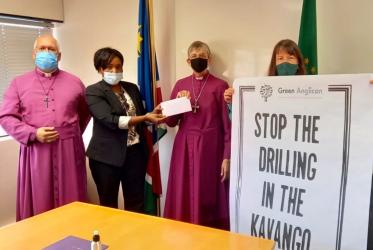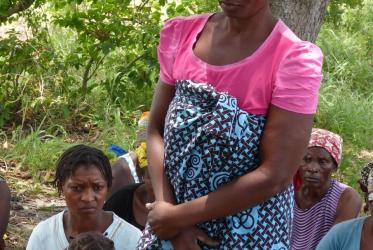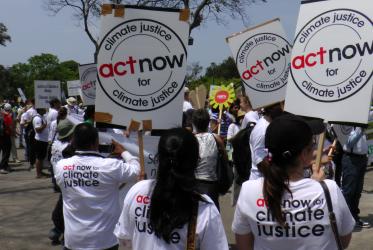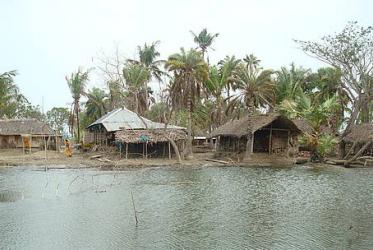Displaying 1 - 16 of 16
27 October 2021
New study lifts up voices of small farmers in Mozambique
24 August 2017
Seven weeks of Lent highlight water crisis in Africa
01 March 2017
Food and land justice focus of Mozambique workshop
19 December 2016
Winners of WCC photo contest announced
09 May 2016
Churches' “prophetic voice” will be busy in 2015
18 June 2015











